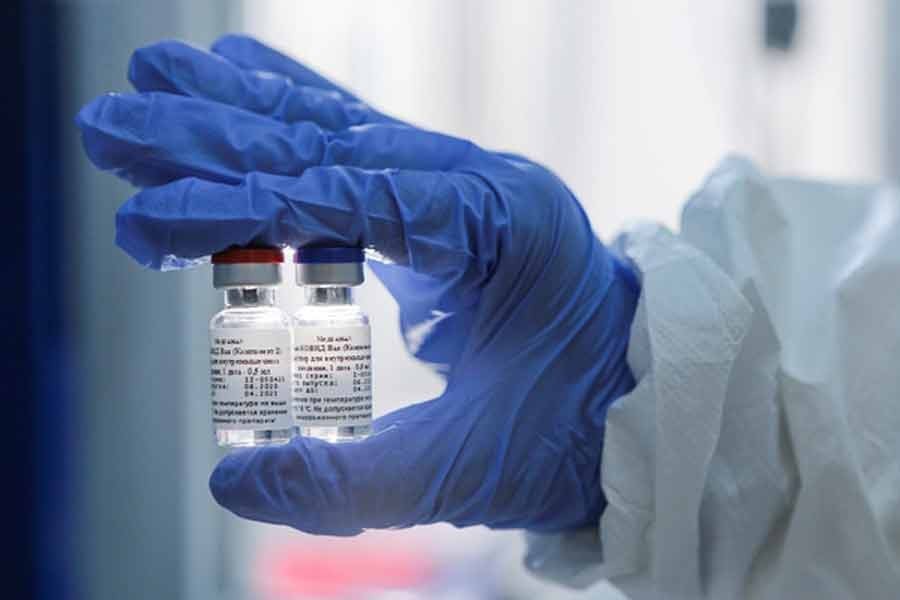India is learnt to have developed a new kind of vaccine, named ZyCoV-D vaccine, to fight the COVID-19 pandemic. Produced by a biotech company, Cadila Healthcare, this DNA vaccine has reportedly been successful in 66 per cent of the cases. That means, among every 100 persons getting the jab, ZyCoV-D, 66 people were fully protected against COVID-19 infection. But what is especial about this vaccine? Don't we already have a number of vaccines in the market? Yes, we have, but the technology of creating this vaccine, a DNA vaccine, is slightly different from the majority of the existing ones, the mRNA vaccines. But what does that really mean? Were not the existing ones enough? Not really. In fact, in addition to the few vaccines existing in the market and being used, more are there in various stages of their development. One of the reasons, perhaps, is that scientists are looking for the best answer to this pandemic virus which is mutating constantly and coming up with newer, more agile, variants.
As everyone knows, the first vaccine against small pox was developed by the end of eighteenth century by English physician Edward Jenner. Since his time, vaccines against infectious diseases like measles, mumps, rubella, small pox, etc are created from weakened or dead viruses or bacteria that cause these infectious diseases. Preparation of such types of vaccines is time-consuming-sometimes the research goes on for decades before a marketable vaccine can be created. It is also risky, because the researchers have to handle live virus, which may accidentally infect those working with it.
After first striking Wuhan in China in November 2019, the corona virus began to spread like wildfire across the globe. How to stop it? Considering the havoc that it has been causing to life, humanity could not afford to wait for decades to develop a preventive against this pandemic. So was the urgency to make a vaccine within the shortest possible time. As such, the search for a vaccine using the latest tool in biological science is on. We have now instead of the traditional weakened or killed pathogen as the main ingredient, the engineered part of the virus' gene, as the vaccine. The new kinds of vaccines so developed teach human immune system to fight the COVID-19 virus.
Genes are, as is well-known, basic units of heredity of organisms. Some of these genes carry the instructions to make proteins, the antigens, which trigger immune response in the body. The vaccines now in the market are actually such engineered parts of the COVID-19 virus' gene, mRNA or Messenger RNA. It embodies genetic instruction for cells to make a harmless copy of the spike protein or S protein found on the surface of the SARS-CoV-2 virus, the virus that cause COVID-19 pandemic. The antigen (S protein) causes the cell to produce antibodies to fight it. This is how the human immune system is taught by the mRNA vaccine to fight COVID-19 pandemic. In a similar vein, in the case of DNA vaccine, plasmids, small pieces of circular, double-stranded DNA, contain the instruction for cells to make S protein. As before, seeing S protein, the immune system of the body responds by making antibodies and thus learns to fight the real virus if it tries to invade human cells.
However, there are DNA vaccines already in the market. But those are for animals such as horses and dogs, but not for humans. Making DNA vaccine for humans has so far proved difficult. But researches have been going on to develop one. The report that India has succeeded in producing a DNA vaccine for humans and that the Indian government has given its nod to produce it to meet the pandemic emergency is definitely good news. But DNA vaccine is not something more advanced than the mRNA vaccine.
For, in the case of DNA vaccine, too, the virus' genetic information is transmitted to the mRNA, which then goes into the cell to be converted into proteins. And thus, the cycle of immune response starts. An advantage of the three-dose DNA vaccine is that it can stand higher temperatures.


